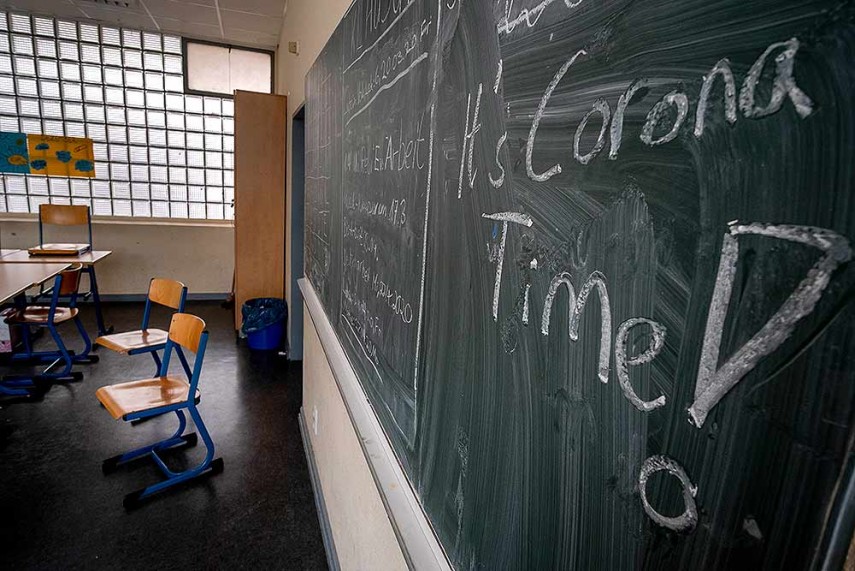
Right to Education:
Education is a fundamental human right and essential for the exercise of all other human rights. It promotes individual freedom and empowerment and yields important development benefits. Yet millions of children and adults remain deprived of educational opportunities, many as a result of poverty.
Right to Education Act:
The Act is completely titled as “the Right of Children to Free and Compulsory Education Act”. It was passed by the Parliament in August 2009 and came into force in 2010. India became one among 135 countries where education is a fundamental right of every child.
The 86th Constitutional Amendment (2002) inserted Article 21A in the Indian Constitution which states:
“The State shall provide free and compulsory education to all children of 6 to 14 years in such manner as the State, may by law determine.”
As per this, the right to education was made a fundamental right and removed from the list of Directive Principles of State Policy to be included in fundamental rights.
The RTE is the consequential legislation envisaged under the 86th Amendment.
This Act makes it obligatory on the part of the government to ensure admission, attendance and completion of elementary education by all children falling in the age bracket six to fourteen years. Essentially, this Act ensures free elementary education to all children in the economically weaker sections of society.
Recent controversy during lockdown and pertaining to on line courses/exams:
The recent controversy can be duly answered if we indulge in joint reading of Article 21A of Constitution of India, RTE and judgment of S.C. of India in the case ofIndian School, Jodhpur & Ors. Vs. State of Rajasthan dated 3rd May 2021; The principles laid down in the case of Indian School Jodhpur can be applied to other schools as well.
- Can a school stop students from attending on line class if fees are not paid?
No.
As per the para 117(iv) of Supreme Court judgment in the matter of Indian School, Jodhpur and Ors Versus State of Rajasthan and Ors, A School cannot stop students from attending online class if fees are not paid.
117(iv):
“The school Management shall not debar any student from attending either online classes or physical classes on account of non-payment of fees, arrears/outstanding fees including the installments, referred to above, and shall not withhold the results of the examinations of any student on that account”. - Can a school stop student from writing on line exam if fees are not paid?
No.
School cannot stop students from writing online exam if fees are not paid as per the Supreme Court Judgement Indian School, Jodhpur and Ors. Versus State of Rajasthan and Ors. - Can a school stop student from being promoted to higher class if fees not paid?
School cannot stop student from being promoted to higher class if fees not paid. - Who in the school is responsible for indulging in above practices?
The school management, trustee and Principal are responsible for practices such as not allowing the students to attend the online class or not allowing to write online exam for non-payment of school fees or for withholding the results. - What punishment can be given to school administration for including in above malpractices?
Parents must approach the school and explain the inability to pay the fees due to lockdown and ask for the time and some concession in school fees. The school should consider the parents’ request. Even after the parent’s request school stop providing online class to the students then parents can give complaint to District inspector of schools. Complaint can also be filed with Maharashtra State Commission for Protection of Child Rights.
Section 188 IPC deals with those disobeying an order passed by a public servant. The District Inspector of Schools is a public servant. The Section provides for imprisonment ranging from one to six months for disobeying the order.
Right to education is a fundamental right guaranteed under the Constitution of India. Punishment for violation of fundamental rights is decided by the court of law based on the grievance and on the rights. Sometimes monetary compensation is also provided to the complainant.
Conclusion:
In the light of what is stated above, it is clear and apparent that schools cannot stop a student from attending online class or appear for online exams for non-payment of school fees.